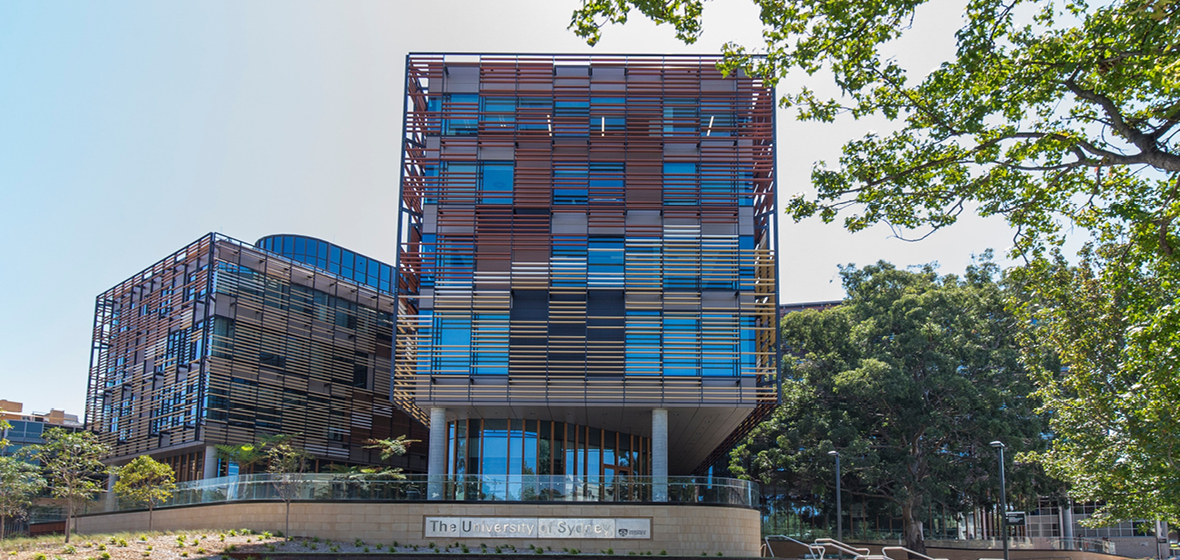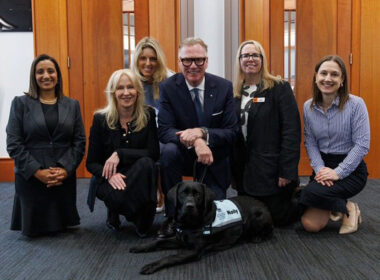A multi-disciplinary team of researchers from the University of Sydney hopes to crack the glass ceilings preventing women from reaching their full potential in legal careers.
The team, led by Professor Rae Cooper from the university’s Business School, will partner with the Law Society of NSW to investigate strategies for achieving gender equality in Australian legal workplaces. The Law Society has pledged $60,000 dollars and significant in-kind support over the lifetime of the three-year project, adding to an Australian Research Council grant as well as cash and in-kind support from the University of Sydney and Women Lawyers Association of NSW.
President of the Law Society of NSW Richard Harvey said the research was timely. As workplaces and the economy reel from changes brought on by COVID-19 restrictions, evidence is emerging that women are disproportionately affected by job losses and reduced hours across all industries.
The Law Society sees this research project as an opportunity to seize the momentum of the current workplace transformation, delve into how lawyers are adapting to the changes, examine what is working well and then channel these findings into strategies for gender equality.
Richard Harvey, President of the Law Society of NSW
“The Law Society of NSW has been at the forefront of measures for the advancement of women in the legal profession in the past decade,” President Harvey said.
“The Law Society sees this research project as an opportunity to seize the momentum of the current workplace transformation, delve into how lawyers are adapting to the changes, examine what is working well and then channel these findings into strategies for gender equality.”
Since 2019, there have been more women than men lawyers at both state and national levels in Australia. The Law Society’s 2019 National Profile of the Profession report showed that women made up 52 per cent of solicitors across Australia, and graduated from law school at significantly higher rates, but still lagged behind men in leadership positions. Data from the Australian Financial Review’s 2019 Law Partnership Survey revealed that just 27 per cent of partners in large and medium-sized firms were women.
“The law isn’t alone in the classic pyramid structure of men at the top and more women below, but we’re interested in why lawyers think that is the case,” said Cooper, who has studied issues of gender, work and employment relations for 20 years and in 2019 was made an officer of the Order of Australia for her contributions to “higher education and to workplace policy and practice”.
“It may be that there are some parts of the law or areas of practice where it is more difficult for women to progress into senior roles. The goal of our research is to answer those types of questions, and work with stakeholders in the law to design gender equality into workplaces.”
In light of recent revelations of sexual harassment in the legal profession going all the way to the High Court, Cooper said the impact of sexual harassment on careers would be a key aspect to the research.
“From conversations across our focus groups, it appears sexual harassment is worryingly common. And we are definitely going to focus some questions on it. But I think we need to be aware of sexual harassment as part of a broader ecosystem of gender-based mistreatment and disrespect – which we know diminish the professional capabilities and confidence of women.”
Cooper said similar research she had done across other industries revealed that women’s careers were halted when their needs were not being met. Features like workplace flexibility, good pay and interesting work came up regularly. The most-cited desire for women in the workplace was secure employment – an area that COVID-19 has revealed many workplaces fall short.
“Women across the labour market are more likely to be in insecure, short-term contracts than men; recent COVID-19 job losses and reduced hours have shown us how it impacts women more,” said Cooper.
“The other thing they want is to be treated with respect – and this ranks almost as high as employment security. What does that mean? We think there’s a real gendered angle to it. They want to be treated as professionally competent, they want a sense that they have a voice, collegiality and faith.”
Cooper and her team began initial work on the project in July and will provide progress reports intermittently throughout its duration. The academic research team comprises Chief Investigators, Professor Rae Cooper, Professor Ariadne Vromen and Dr Meraiah Foley and Post-Doctoral Research Fellow Dr Sarah Mosseri, who build on a landmark report in 2018 about national and social attitudes on the future of work and gender.




